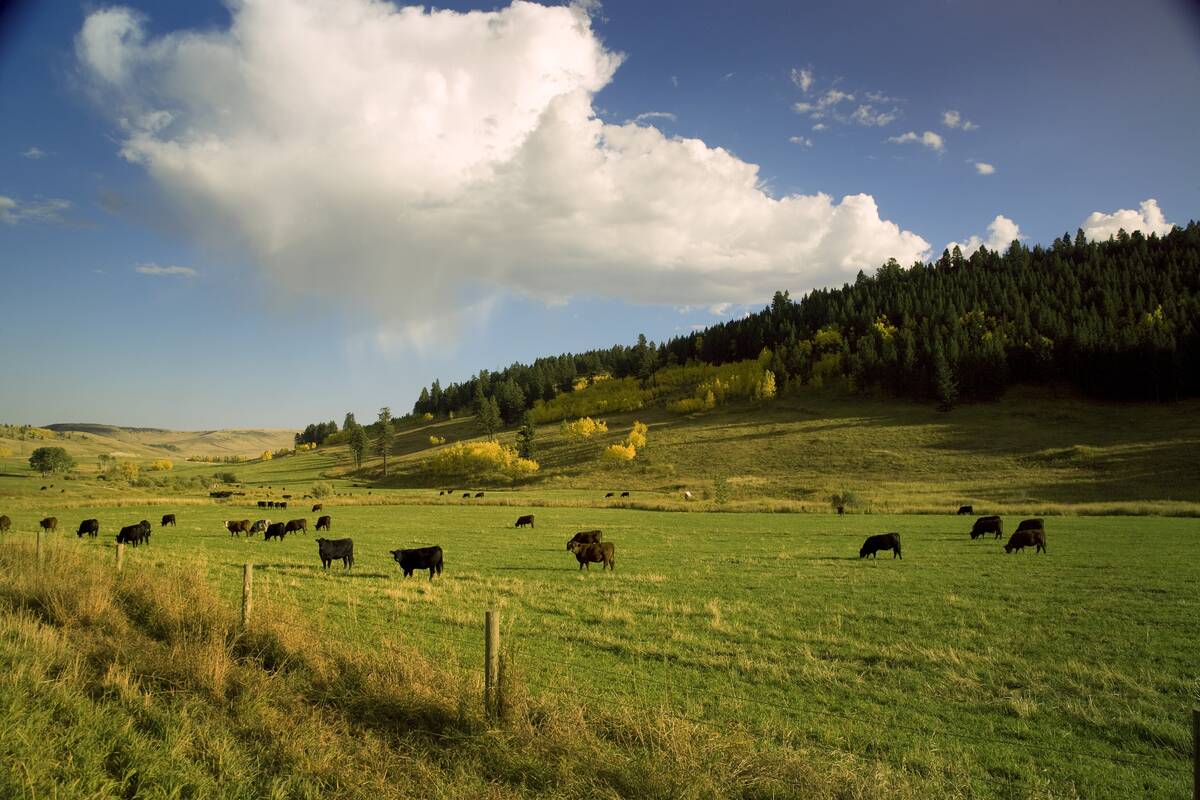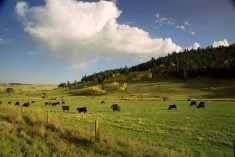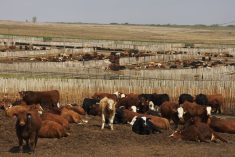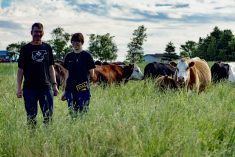In October, I travelled to New Zealand for the annual meeting of the presidents and chief executive officers of the International Beef Alliance (IBA). Comprised of the national organizations representing beef cattle producers in Australia, Brazil, Canada, Mexico, New Zealand, Paraguay and the United States, the IBA accounts for 46 per cent of the world’s beef cattle production and 63 per cent of global beef exports.
The purpose of the IBA is to progress issues of common interest to ensure a strong and profitable global beef industry. Vice-president David Haywood-Farmer joined me at this conference along with Young Cattlemen’s Council president Brett McRae and Cattlemen’s Young Leaders program participant Ellen Crane as well as staff Dennis Laycraft and John Masswohl.
Read Also

The Canadian Cattle Association’s international advocacy efforts
Global ag policies affect Canadian food policy, so the Canadian Cattle Association participates in international and domestic forums
We spent a great deal of time discussing our shared concern about the growing level of anti-trade rhetoric amongst politicians and activists. I am pleased that this discussion culminated in IBA members agreeing to sign a reaffirmation of the alliance’s statement of principles that confirm our shared commitment to trade liberalization, sustainable beef production and leadership development of young producers. We also agreed to issue a statement calling for the immediate ratification and implementation of the Trans-Pacific Partnership and to further delve into the rise of non-tariff barriers and determine where there are more issues on which the IBA can co-operate.
Prior to the meeting we examined various production systems and practices that help New Zealand producers mitigate or overcome environmental challenges.
Back in Canada, cattlemen have long relied on conservation and stewardship practices to preserve healthy pastures, grasslands and ecosystems. What needs to be better understood — particularly now that the Government of Canada has said it will set a minimum price for carbon pollution in 2018 — is that these same practices help mitigate the impact of climate change.
Many details of the carbon tax are yet to be developed however, Canada’s beef industry is well prepared to engage in discussions. The National Beef Sustainability Assessment, a recent environmental, social and economic assessment of the Canadian beef industry helps to build a comprehensive understanding of our impact and contribution to rural communities, the environment and Canada’s economy.
Canadian beef has one of the lowest GHG footprints per unit of production in the world at 12.0 kg CO2 equivalent per kilogram of live weight, less than half of the world average. Land used for beef production currently stores approximately 1.5 billion tonnes of carbon and provides for the conservation of 44 million acres (Ma) of pasture including 32 Ma of native grasslands, an at-risk ecosystem with less than 18 per cent remaining in North America.
The beef industry contributes to just 3.2 per cent of Canada’s total GHG footprint. The CCA has developed recommendations to reduce the GHG footprint of Canadian beef production in the document, Beef Industry Strategies for Reducing Greenhouse Gases and Building the Green Economy. High-level recommendations include:
- Increasing productivity to reduce the per-kg GHG footprint of Canadian beef
– Further invest in the Beef Science Cluster programs that support research, innovation and knowledge transfer regarding practices that reduce the environmental footprint of beef production.
– Maintain and restore critical Agriculture and Agri-Food Canada (AAFC) research capacity and infrastructure. - Enhancing producer resiliency to the impacts of climate change
– Develop clear triggers and reference materials for the AgriRecovery program.
– Improve hay and forage insurance across the country by implementing the recommendations made by the Federal/Provincial/Territorial Forage Task Team.
– Invest in agriculture water management infrastructure, examples may include supporting the construction of improved irrigation systems and flood structures such as dams/storages or outlets.
– Support the creation and further development of payment for ecosystem services (PES) programs that will provide incentives for best land and water management practices to preserve critical agricultural land, improve environmental health, and build resiliency into the agriculture sector. - Mitigating GHG emissions
– Invest in research regarding forage quality, feed additives, animal genetics and animal health as outlined by the Beef Cattle Research Council Research Strategy.
– Invest in research to better understand food waste causes in Canada and enhance communication efforts to reduce food waste at the consumer level.
– Develop and support agriculture-focused conservation and stewardship programs and initiatives that support the conservation of healthy rangelands and riparian areas. - Supporting national and international climate change dialogue and action
– Support the CRSB through AAFC and Environment and Climate Change Canada staff participation and project funding.
– Support and engagement in the Global Research Alliance on Agricultural Greenhouse Gases and the Global Agenda Towards Sustainable Livestock. - Scientific measuring and monitoring
– Support the scientific measuring and monitoring of the GHG footprint of Canadian beef production through continued investment in the Farm Environmental Management Survey and Agriculture Census to ensure robust datasets that enable GHG monitoring.
– Support the development of global GHG monitoring methodologies through the Livestock Environmental Assessment Partnership program by offering the participation of AAFC research scientists as technical advisers and financial contributions.
The CCA views the federal government’s focus on climate change as an opportunity to introduce ecosystem service payment programs that could support further soil carbon sequestration or other initiatives that reduce Canada’s GHG footprint.
Producers want to work together to find appropriate solutions to ensure one well-intended policy doesn’t negatively impact another environmental, social or economic goal we are working towards.
Dan Darling is president of the Canadian Cattlemen’s Association.
















